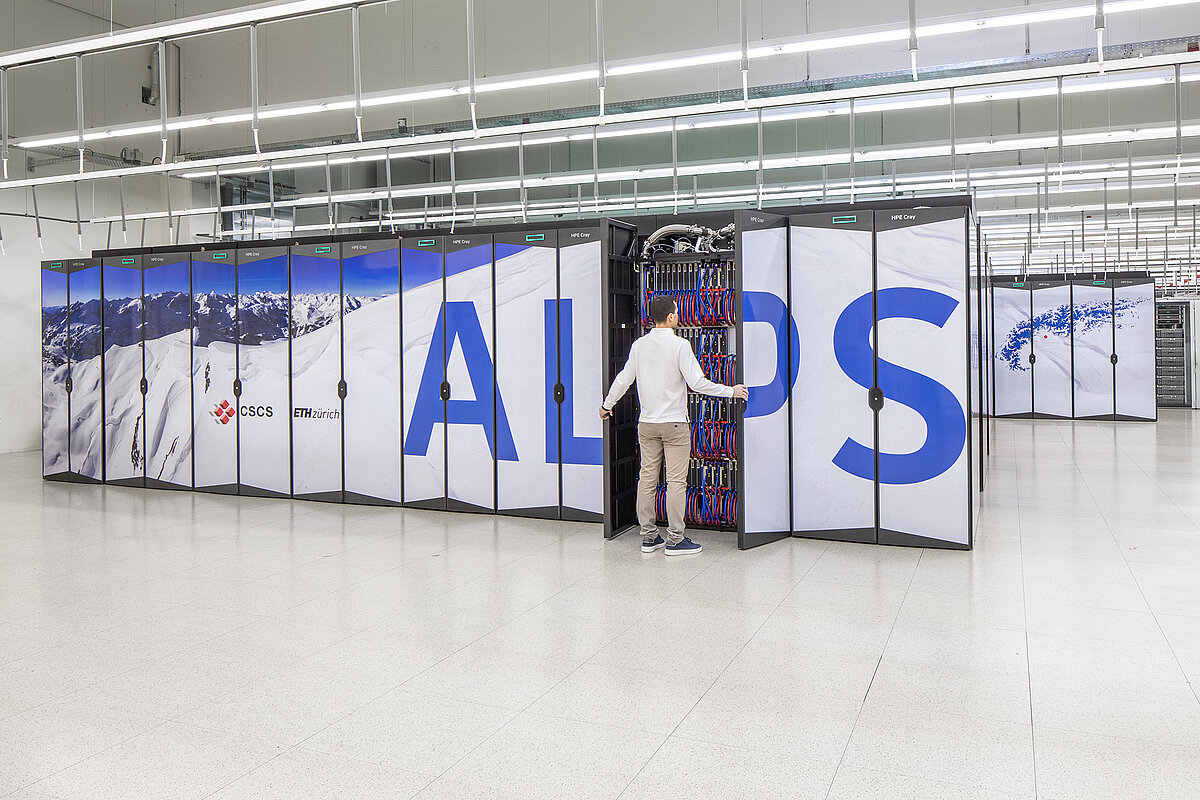
Swiss universities set up new AI institute

The federal institute of technology ETH Zurich and federal institute of technology Lausanne (EPFL) are to step up collaboration in the field of artificial intelligence by founding the Swiss National AI Institute (SNAI).
This institute will offer a national perspective on research, education and innovation in AI, with a particular focus on transparency, open source and trust, the two federal universities wrote on Thursday.
+ Get the most important Swiss news in your inbox
The SNAI will benefit from the expertise of over 70 professors specialising in AI across the country, they said.
Together, researchers will develop the first large national AI model in Switzerland (a model with a particularly large and diverse data set), as well as others to support their research objectives.
Currently, only a few hundred people globally have the expertise needed to develop the largest AI models, according to the press release.
The SNAI will also focus on training AI specialists for academia and industry, with the aim of expanding the talent pool, which will in turn benefit the local economy.

More
Swiss Alps supercomputer to leverage AI for science
“The results will strengthen Switzerland’s competitiveness in AI research and development,” says Pierre Dillenbourg, EPFL Vice-President for Academic Affairs, quoted in the release. “Our efforts will pave the way for new applications that will benefit Swiss industry and society as a whole.”
In addition to funding from the ETH Zurich Board, the SNAI and its projects will be supported by contributions from ETH Zurich, EPFL, and third-party funds.
Adapted from French by DeepL/dos
This news story has been written and carefully fact-checked by an external editorial team. At SWI swissinfo.ch we select the most relevant news for an international audience and use automatic translation tools such as DeepL to translate it into English. Providing you with automatically translated news gives us the time to write more in-depth articles.
If you want to know more about how we work, have a look here, if you want to learn more about how we use technology, click here, and if you have feedback on this news story please write to english@swissinfo.ch.

In compliance with the JTI standards
More: SWI swissinfo.ch certified by the Journalism Trust Initiative



























You can find an overview of ongoing debates with our journalists here . Please join us!
If you want to start a conversation about a topic raised in this article or want to report factual errors, email us at english@swissinfo.ch.